Black Walnuts: Benefits, Nutrition, & Possible Side Effects
Their rich antioxidant content is reason enough to include these nuts in your diet.
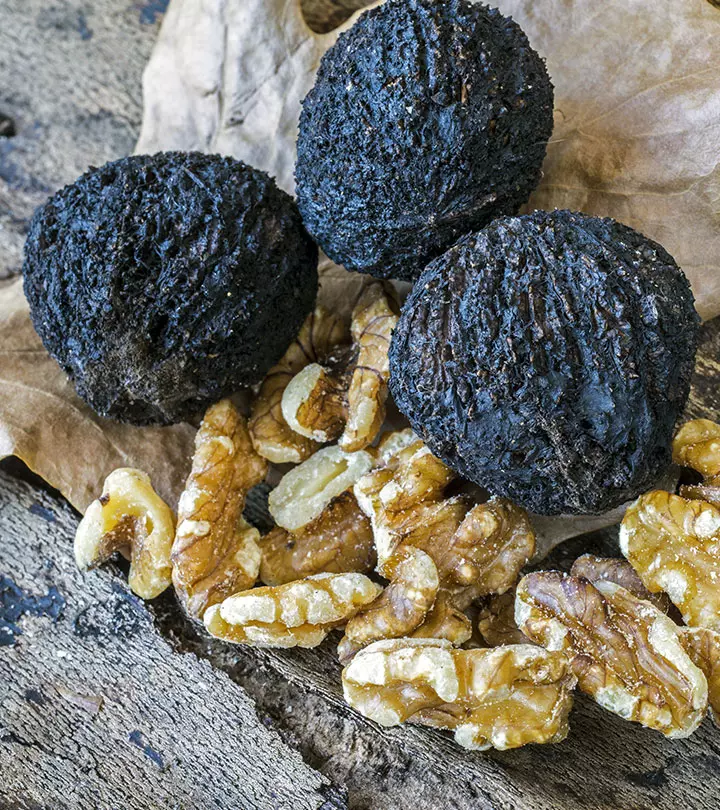
Image: Shutterstock
North American black walnuts (Juglans nigra) possess a distinct taste and are known for their high levels of antioxidants. Black walnut benefits have been known for centuries in herbal medicine. Black walnuts have anti-inflammatory and antibacterial properties, and their consumption improves heart health, may reduce the risk of cancer, aids weight loss, and supports digestion. These superfoods are rich in vitamins, minerals, unsaturated fats, and polyphenols, which can help treat a wide range of ailments. This article examines the health benefits of black walnuts, their nutritional profile, and their potential side effects. Check it out.

 Know Your Ingredient: Black Walnut
Know Your Ingredient: Black WalnutWhat Is It?
Black walnut is a wild nut, native to eastern North America. It has a bold and earthy flavor with a thick outer shell.
What Are Its Benefits?
Its consumption improves heart health, reduces the risk of cancer, aids weight loss, and supports digestion.
Who Can Use It?
Anyone can consume them except people with nut/tree nut allergies.
How Often?
Can be consumed daily in moderation.
Caution
It might cause an upset stomach and allergic reactions. Pregnant or breastfeeding women should avoid these nuts.
In This Article
Health Benefits Of Black Walnuts
1. Improves Heart Health
Research states that increased intake of nuts has protective benefits over cardiovascular diseases (1). The presence of omega-3 alpha-linolenic acid in black walnuts improves heart health and brain function. A study conducted by the Pennsylvania State University (USA) found that dietary alpha-linolenic acid, which is abundant in black walnuts, reduces the inflammatory and lipid cardiovascular risk factors in people with high cholesterol (2). It has a lipid-lowering effect and helps reduce LDL cholesterol levels. Also, a walnut-enriched diet is rich in ellagic acid, which is said to have a cardioprotective effect (3).
Another study states that the intake of walnuts helps improve blood circulation which, in turn, results in proper heart functioning (4). Also, walnut seeds contain high amounts of phenolic compounds and antioxidants, and their regular intake can reduce the risk of cardiovascular diseases (5).
2. Fights Cancer
Black walnuts contain certain antitumor compounds like ellagic acid and juglone that have shown anti-cancer potential and suppressed tumor growth in mice
(6). A study conducted by the University of Michigan Medical School (USA) found that juglone (a natural toxin) reduced programmed cell death in the case of human gastric cancer (7), (8).
The presence of gamma-tocopherol in walnuts was found effective in treating cancer, and their increased intake helps lower the risk of cancer (1). Also, the kernels of black walnuts have antioxidant and anti-cancer properties (9). However, more studies are needed to understand this benefit of black walnuts in humans.
3. Antibacterial Properties
The hulls of black walnuts were tested for their ability to inhibit fungal and bacterial activities of certain bacterial species like Candida albicans, Trichophyton rubrum, and Streptococcus mutans (10). Also, the tannins in black walnuts exhibit antibacterial effects (11). A study also found that green walnut husk has high polyphenoli Chemical compounds found in plants that can reverse cell damage and protect against diabetes and heart disease. content and antioxidant and antimicrobial effects (12).
Black walnut extracts have six bioactive compounds that are responsible for their antibacterial effects (13). A review published in the International Journal of Dentistry suggests that the aqueous extracts of black walnut bark have an antimicrobial effect (14).
The unripe hulls of black walnuts have been used in the treatment of topical fungal infections (15). They have also shown an inhibitory effect on bacteria such as Staphylococcus aureus (16).
Joel Brian Berry, a blogger, shared his experience of using black walnut tincture for parasite control. He did a liver flush for 7-days after taking the walnut tincture and was amazed by the results. He said, “Doing this for the first time showed many parasites and after several treatments the parasites became less and less until no more showed in the liver flush (i)”
4. Aids Weight Loss

The unsaturated fatty acids in black walnuts increase satiety. A study conducted by the University Hospital Maastricht (Netherlands) found that the intake of foods high in unsaturated fats can reduce hunger and increase fullness (17). A small-scale study conducted on 20 men and women found that walnut consumption for four days increased satiety by the third day (18).
Also, the consumption of 30 grams of walnuts per day promotes weight loss. However, more studies are needed to prove this benefit of black walnuts (19).
5. Supports Digestive Health
The leaves of black walnut trees have been used for treating diarrhea, biliousi Nausea or vomiting caused due to the excessive secretion of bile in the bloodstream, resulting in green or yellow-colored vomit. , and intestinal colic (cramp-like pain that originates in the small and large intestine) by Native Americans (20). Also, walnut oil contains linoleic and linolenic acids that are said to possess anti-inflammatory properties. It helps in treating intestinal inflammation, diarrhea, and other gastrointestinal tract disorders (21).
Black walnuts may help in calming an upset stomach and relieve constipation. However, more studies are needed to understand this effect of black walnuts in humans.
6. Lowers Blood Sugar Levels
A review published in the African Journal Of Traditional, Complementary, and Alternative Medicine found that black walnuts have a hypoglycemic effect (22). They were found to lower blood sugar levels in diabetic rats.
Also, black walnut kernels have bioactive compounds such as quercetin-3-O-glucoside that exhibit anti-diabetic properties. However, more studies are warranted to prove the same.
7. Improves Sleep

Walnuts are good sources of tryptophan, an amino acid that helps make serotonin and melatonin, which aid in inducing sound sleep (23). A study has shown that melatonin is effective in improving the duration and quality of sleep (24).
8. Promotes Skin Health

The anti-inflammatory properties of black walnuts help in treating many inflammatory skin diseases like acne (25). Also, its antibacterial effect can act against certain bacterial strains like S. aureus that helps in treating several skin infections. Anecdotal evidence suggests that the fine powder of black walnut husks can be made into a paste and used on the skin, which can clear up skin conditions like eczema, psoriasisi A skin disease that causes itchy and thick and scaly rashes on the skin due to stress, infection, or medications. , blemishes, and pimples.
Also, the arginine in black walnuts helps in lowering blood pressure (1). Polyphenols like tannins help prevent certain neurodegenerative diseases like Alzheimer’s and Parkinson’s diseases. These tannins may also help calm hyperactive sweat glands (26).
These are the potential health benefits of black walnuts. They are rich in a wide variety of vitamins and minerals. Check out the nutrition profile of black walnuts below.
Key Takeaways
- Black walnuts have an earthy flavor and are rich in antioxidants.
- They can aid weight loss, improve digestion, and reduce the risk of cancer.
- These nuts can be added to cakes, cookies, pasta, and salads.
- People with nut allergies should avoid eating black walnuts.
Black Walnut Nutrition
According to the U.S. Department of Agriculture, 100 grams of dried black walnut contains (27):
- Energy: 619 kcal
- Protein: 24.1 g
- Fat: 59.3 g
- Carbohydrates: 58 g
- Fiber: 6.8 g
- Calcium: 61 mg
- Iron: 3.12 mg
- Magnesium: 201 mg
- Phosphorous: 513 mg
- Potassium: 523 mg
- Zinc: 3. 37 mg
- Copper: 1.36 mg
- Manganese: 3.9 mg
- Selenium: 17 mcg
Black walnuts have a similar nutrition profile as other walnut varieties. Therefore, they may offer similar health benefits. You may explore and learn about the health benefits of walnuts to gain a complete idea about what these nuts are capable of. Compared to black walnuts, English walnuts are the most commonly available and cultivated tree nuts with many nutrients. But, what is the difference between English walnuts and black walnuts? Scroll down to find out.
Black Walnuts Vs. English Walnuts
Black walnuts have a bolder, earthier flavor, while English walnuts have a milder taste. The shells of black walnuts are thick and tough to crack, whereas English walnuts have thinner, easier-to-crack shells. English walnuts contain more omega-3 fats than black walnuts. Black walnuts are used mostly for making flavorings and extracts. English walnuts are used in cooking, baking, and making ice cream.
 Trivia
TriviaA study was conducted as a compilation of numerous cohort studies and randomized controlled trials (RCTs). 1948 subjects from different studies and 675,928 from 10 specific cohort studies were provided with a walnut dose of 10–90g per day. The investigation was centered around walnut consumption and its impact on type 2 diabetes, metabolic syndrome, obesity, cancer, mental health issues, and more. As per the blood lipid tests, results from 8/8 RCTs favored walnuts for a reduced risk of cardiovascular diseases (CVD), and 6/6 RCTs favored walnuts for body weight control and regulation.
The hulls of black walnuts are available in the form of tinctures, powders, capsules, or liquid drops. They are also used as a natural remedy for treating many parasitic infections. Some people use the extract as a gargle to kill bacteria in their mouth. Also, the hull extracts of black walnuts are used in hair dyes.
 Fun Fact
Fun FactAre you wondering how to add black walnuts to your diet? Scroll down to learn more!
How To Add Black Walnuts To Your Diet
These crunchy tree nuts have a unique and natural flavor. They are used in cookies, cakes, pies, salads, pasta, and fudge. Here are a few ways to incorporate them into your diet.
- Chop the nuts into small pieces to add to salads, cereals, or baked goods.
- Use black walnut oil as a cooking oil or salad dressing.
- Grind the nuts into a fine flour to bake breads, muffins, and cookies.
- Grind the nuts into a smooth paste for a delicious and nutritious nut butter.
You can also make black walnut ice cream.
How To Prepare Black Walnut Ice Cream

What You Need
- Black walnut extract – ½ teaspoon
- Superfine sugar – ½ cup
- Half-and-half cream – 1 cup
- Light cream – 2 cups
- Chopped black walnuts – ½ cup
Process
- Stir together the sugar, light cream, half-and-half, and black walnut extract in a medium bowl.
- Pour the mixture into the container of an ice cream maker and freeze it according to the manufacturer’s instructions.
- When the ice cream is done, fold in the black walnuts and transfer it to a freezer container.
- Freeze the ice cream until solid.
Black walnuts are generally considered safe for most people. But people with nut allergies and the ones who eat these nuts excessively may experience some side effects. Learn about the possible side effects of black walnuts in the next section.
What Are The Possible Side Effects Of Black Walnuts?

Black walnuts are generally considered safe when eaten in limited quantities. However, some people exhibit side effects such as stomach upset and allergic reactions. People with nut allergies should avoid the intake of black walnuts.
Supplements made of black walnuts are not regulated by the U.S. Food and Drug Administration as research on them is very limited, and there are no recorded side effects of black walnuts. Avoid eating these nuts if you are pregnant or breastfeeding and consult your doctor before consuming them or their supplements.
Apart from these, black walnuts may also interact with a few medications and negatively affect their absorption. Let’s understand in detail.
Black Walnut Interactions
Walnuts contain juglone, a natural compound that may significantly lower blood sugar levels. If you are taking diabetes medication, consuming walnuts may further reduce your blood sugar levels to dangerous levels, leading to hypoglycemia (28). Moreover, juglone may also cause skin irritation and hyperpigmentation (29).
Although evidence to establish the direct effects of black walnuts on the efficacy of certain medications is lacking, since they belong to the Juglandaceae family, they may feature some similar side effects of walnuts. Therefore, always consult your doctor before including black walnuts in your diet, especially if you have underlying medical conditions.
How do you select and store black walnuts? Find out the process in the following section.
Selection And Storage
If you preserve black walnuts along with their shells, they won’t lose their freshness. Keep them in the refrigerator in case you de-shell them or in the freezer for long-term storage.
You can easily identify black walnuts that have gone rancid due to their paint thinner-like smell. Try to store them in a dry, cool place to avoid damage.
Infographic: Nutrition And Benefits Of Black Walnuts
Black walnuts are known for their unique taste and are loaded with many beneficial nutrients. They can promote overall health if included as part of the diet.
The following infographic provides information about the nutrition and benefits of black walnuts. Check it out.
Some thing wrong with infographic shortcode. please verify shortcode syntax
Black walnuts have been used for their therapeutic uses in herbal medicine. They have a distinct taste and contain high levels of antioxidants. The rich nutrition profile and antibacterial and anti-inflammatory properties are responsible for black walnuts’ benefits. Black walnuts’ benefits may improve heart health, fight cancer, aid in weight loss, support digestive health, and lower blood sugar levels. However, excess consumption of black walnuts may cause some side effects. Overconsumption may upset the stomach and cause allergic reactions. In addition, pregnant and lactating mothers should consult their doctor before consuming these nuts to avoid their negative effects.
Frequently Asked Questions
Can you take black walnuts every day?
Yes, in moderation. Black walnuts are packed with beneficial compounds that may help support optimal health.
Is black walnut good for hair?
Yes. It also acts as a natural, environmentally-safe hair colorant option (5).
Can you eat raw black walnuts?
Yes. You can add them as toppings to your desserts or have them as a snack.
Illustration: Black Walnuts: Benefits, Nutrition, And Possible Side Effects
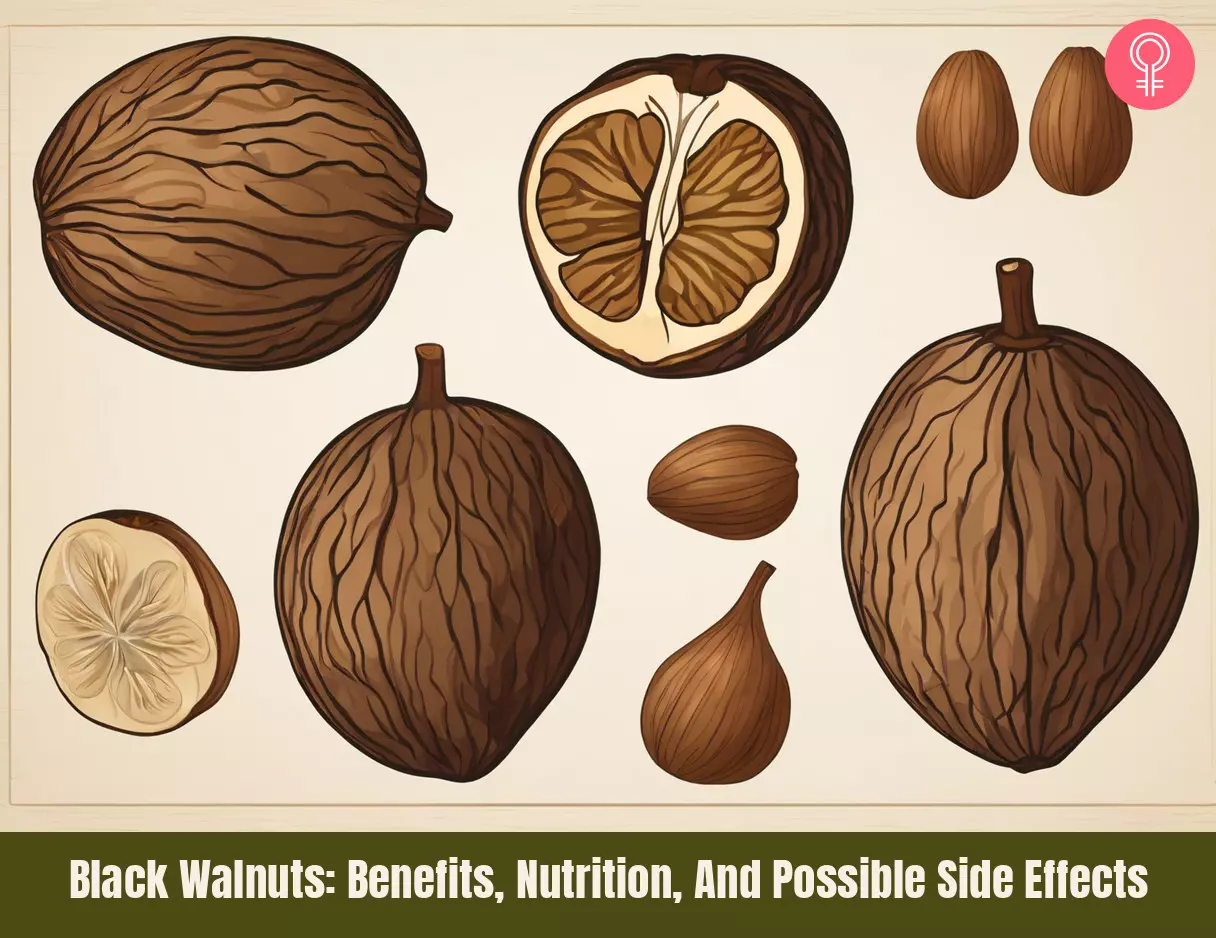
Image: Stable Diffusion/StyleCraze Design Team
Black walnuts hulls offer some amazing benefits but also have certain potential side effects. Check out this video to learn how this natural remedy can help improve your health and well-being.
Personal Experience: Source
StyleCraze's articles are interwoven with authentic personal narratives that provide depth and resonance to our content. Below are the sources of the personal accounts referenced in this article.
(i) The benefits of the use of black walnut in herbal preparationshttps://www.herballegacy.com/Berry_Experience.html
References
Articles on StyleCraze are backed by verified information from peer-reviewed and academic research papers, reputed organizations, research institutions, and medical associations to ensure accuracy and relevance. Read our editorial policy to learn more.
- A Review on the Potential Human Health Benefits of the Black Walnut: A Comparison with the English Walnuts and Other Tree Nuts
https://www.tandfonline.com/doi/full/10.1080/10942912.2015.1114951 - Dietary alpha-linolenic acid reduces inflammatory and lipid cardiovascular risk factors in hypercholesterolemic men and women
https://pubmed.ncbi.nlm.nih.gov/15514264/ - Walnut extract (Juglans regia L.) and its component ellagic acid exhibit anti-inflammatory activity in human aorta endothelial cells and osteoblastic activity in the cell line KS483
https://pubmed.ncbi.nlm.nih.gov/17916277/ - Antioxidant potential of Juglans nigra black walnut husks extracted using supercritical carbon dioxide with an ethanol modifier
https://www.ncbi.nlm.nih.gov/pmc/articles/PMC5332255/ - A Comprehensive Review on the Chemical Constituents and Functional Uses of Walnut (Juglans spp.) Husk
https://www.ncbi.nlm.nih.gov/pmc/articles/PMC6719079/ - Antitumor activity of Juglans nigra(black walnut) extractives
https://onlinelibrary.wiley.com/doi/abs/10.1002/jps.2600571009 - The natural toxin juglone causes degradation of p53 and induces rapid H2AX phosphorylation and cell death in human fibroblasts
https://pubmed.ncbi.nlm.nih.gov/16271620/ - Juglone-induced apoptosis in human gastric cancer SGC-7901 cells via the mitochondrial pathway
https://pubmed.ncbi.nlm.nih.gov/19815401/ - Profiling Anticancer and Antioxidant Activities of Phenolic Compounds Present in Black Walnuts (Juglans nigra) Using a High-Throughput Screening Approach
https://www.ncbi.nlm.nih.gov/pmc/articles/PMC7583942/ - Antimicrobial effects of plant extracts on Streptococcus mutans Candida albicans Trichophyton rubrumand other micro-organisms
https://sfamjournals.onlinelibrary.wiley.com/doi/abs/10.1111/j.1472-765X.1992.tb00668.x - Antibacterial activity of tannin constituents from Phaseolus vulgaris Fagoypyrum esculentum Corylus avellana and Juglans nigra
https://pubmed.ncbi.nlm.nih.gov/18325686/ - Characterization of Microcapsule Containing Walnut ( Juglans regiaL.) Green Husk Extract as Preventive Antioxidant and Antimicrobial Agent
https://pubmed.ncbi.nlm.nih.gov/30598739/ - Identifying Antibacterial Compounds in Black Walnuts ( Juglans nigra) Using a Metabolomics Approach
https://pubmed.ncbi.nlm.nih.gov/30274312/ - Antibacterial Effect of Juglans Regia Bark against Oral Pathologic Bacteria
https://www.ncbi.nlm.nih.gov/pmc/articles/PMC3708447/ - Antimicrobial activity of juglone
https://onlinelibrary.wiley.com/doi/abs/10.1002/ptr.2650040104 - An overview of phytochemicals and potential health-promoting properties of black walnut
https://pubs.rsc.org/en/content/articlehtml/2025/ra/d0ra05714b - Effect of fat saturation on satiety hormone release and food intake
https://pubmed.ncbi.nlm.nih.gov/19225118/ - Walnut consumption increases satiation but has no effect on insulin resistance or the metabolic profile over a 4-day period
https://pubmed.ncbi.nlm.nih.gov/19910942/ - Impact of providing walnut samples in a lifestyle intervention for weight loss: a secondary analysis of the HealthTrack trial
https://pubmed.ncbi.nlm.nih.gov/28747865/ - Black Walnut (Juglans nigra) Extracts Inhibit Proinflammatory Cytokine Production From Lipopolysaccharide-Stimulated Human Promonocytic Cell Line U-937
https://www.ncbi.nlm.nih.gov/pmc/articles/PMC6761373/ - Walnut Oil Alleviates Intestinal Inflammation and Restores Intestinal Barrier Function in Mice
https://www.ncbi.nlm.nih.gov/pmc/articles/PMC7284466/ - Effect of Walnut Leaf Coriander and Pomegranate on Blood Glucose and Histopathology of Pancreas of Alloxan Induced Diabetic Rats
https://www.ncbi.nlm.nih.gov/pmc/articles/PMC2816491/ - Walnuts Have Potential for Cancer Prevention and Treatment in Mice
https://www.ncbi.nlm.nih.gov/pmc/articles/PMC3952627/ - A review of sleep disorders and melatonin
https://pubmed.ncbi.nlm.nih.gov/28460563/ - Black Walnut (Juglans nigra) Extracts Inhibit Proinflammatory Cytokine Production From Lipopolysaccharide-Stimulated Human Promonocytic Cell Line U-937
https://www.ncbi.nlm.nih.gov/pmc/articles/PMC6761373/ - Health benefits of walnut polyphenols: An exploration beyond their lipid profile
https://www.tandfonline.com/doi/full/10.1080/10408398.2015.1126218?src=recsys - Nuts walnuts black dried
https://fdc.nal.usda.gov/fdc-app.html#/food-details/170186/nutrients - The hypoglycemic effect of Juglans regia leaves aqueous extract in diabetic patients: A first human trial
https://www.ncbi.nlm.nih.gov/pmc/articles/PMC3913956/ - Allergic Contact Dermatitis to Walnut (Juglans Regia) Husk
https://www.ncbi.nlm.nih.gov/pmc/articles/PMC4681210/
Read full bio of Silky Mahajan
Read full bio of Sindhu Koganti
Read full bio of Ravi Teja Tadimalla
Read full bio of Aparna Mallampalli






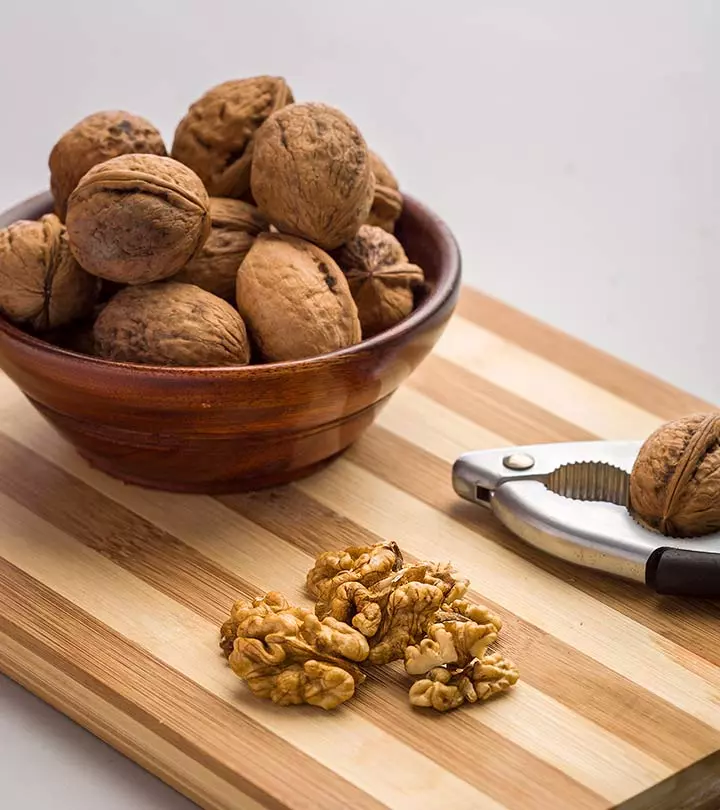
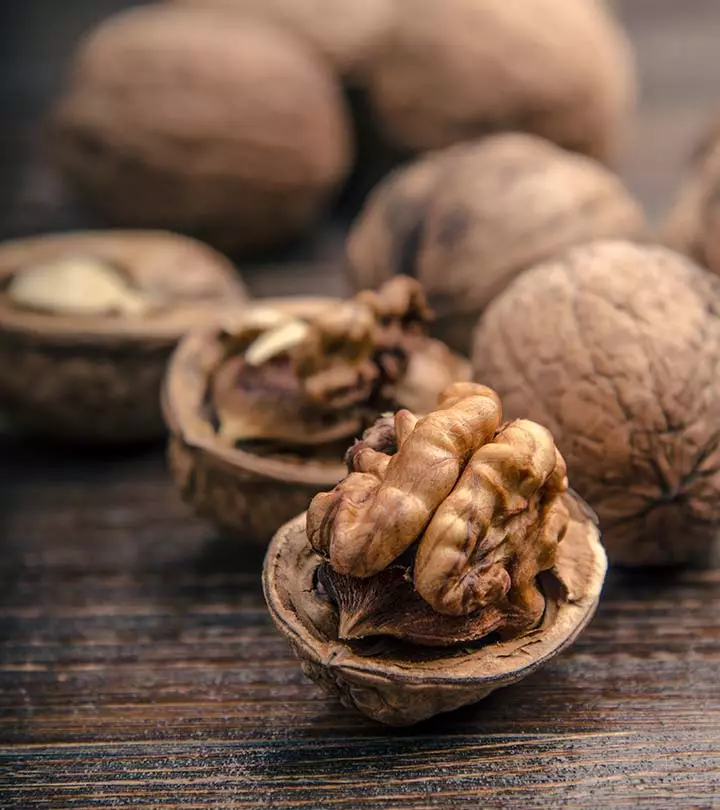
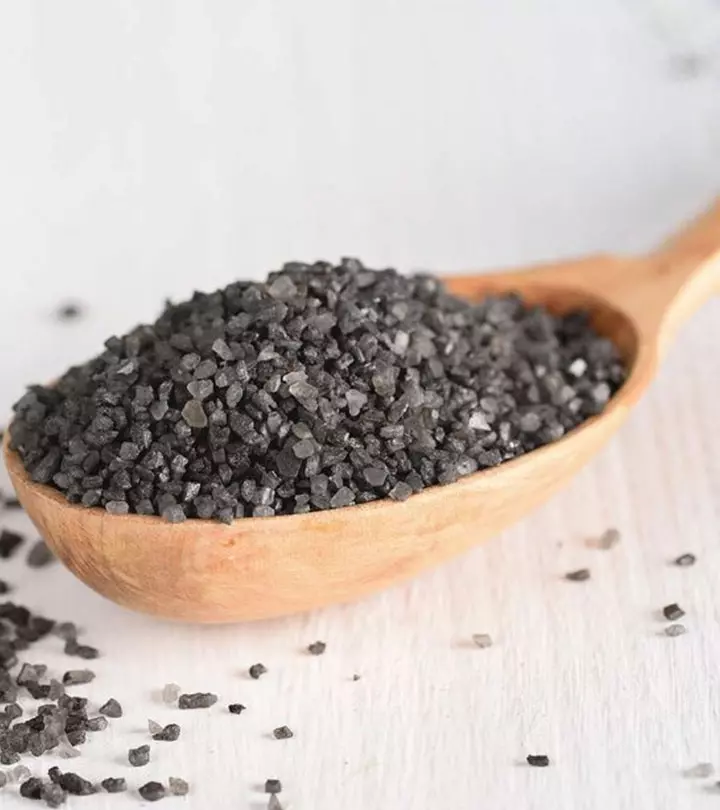
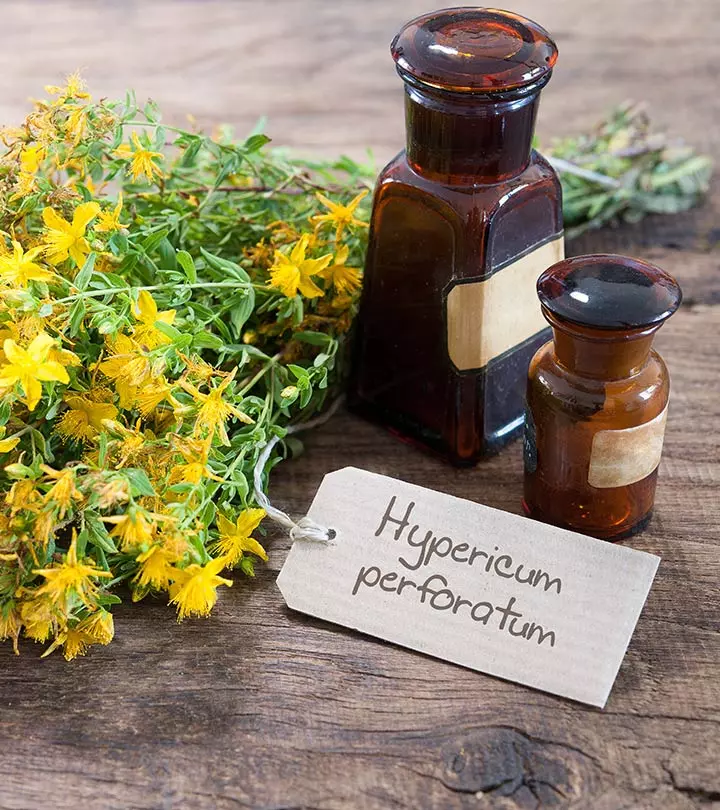

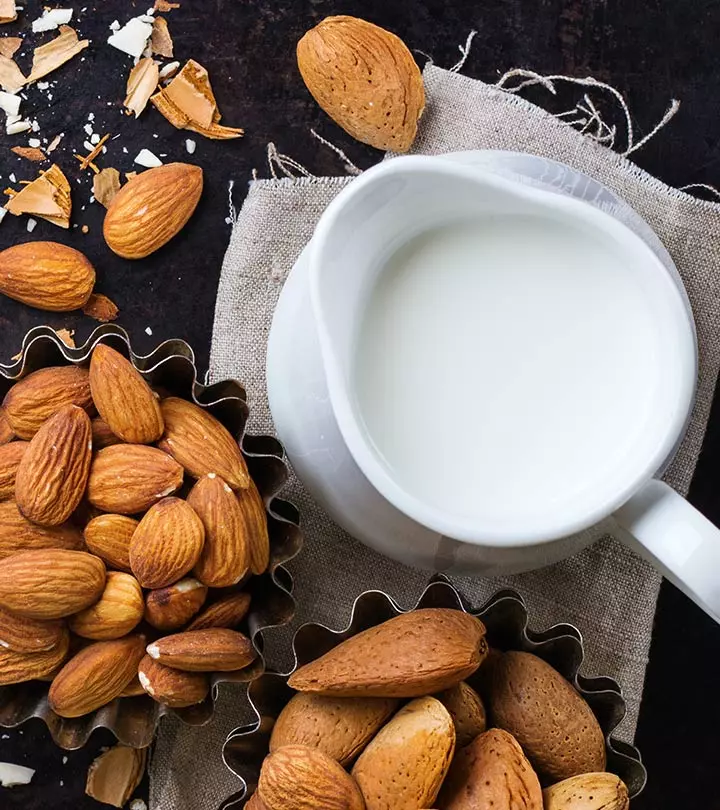
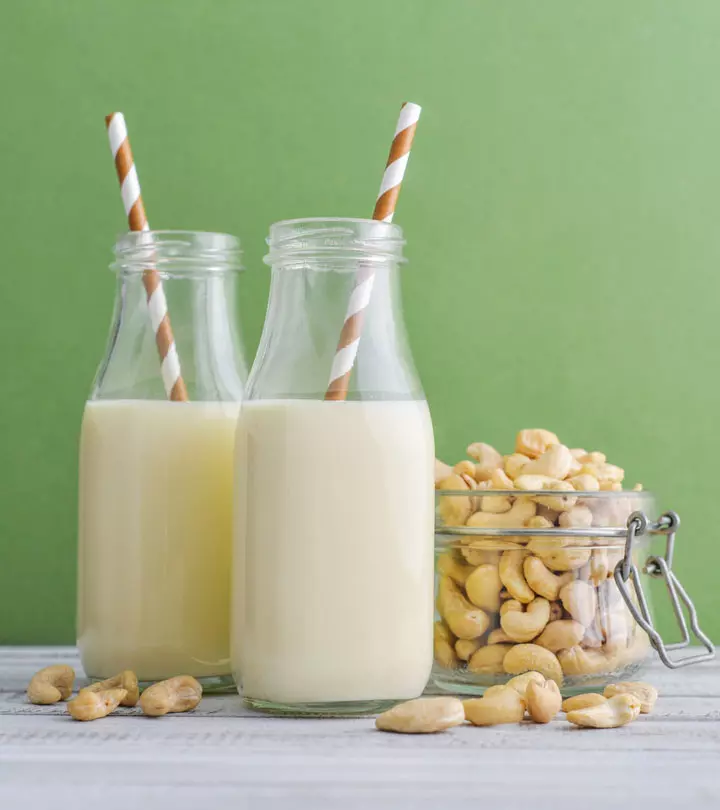
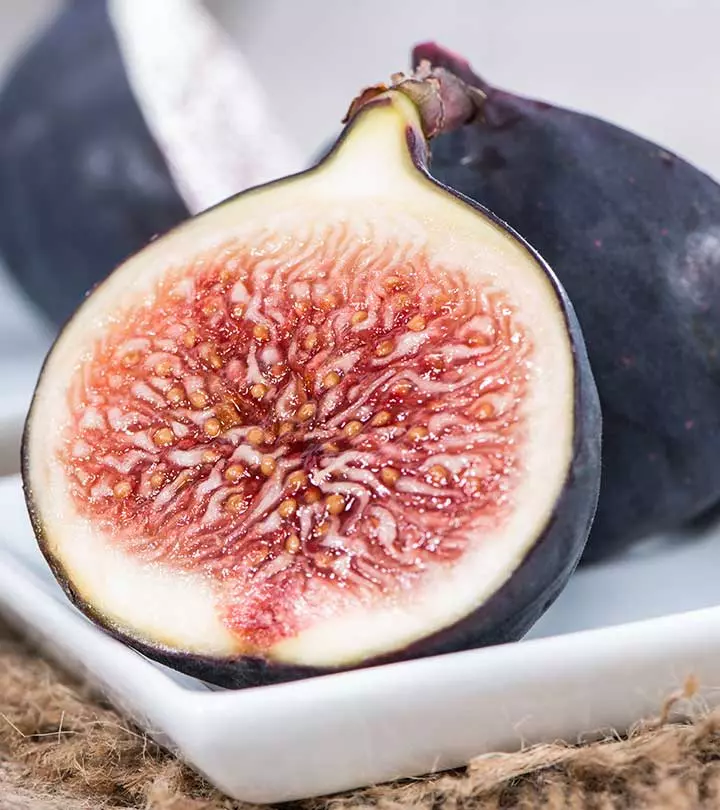
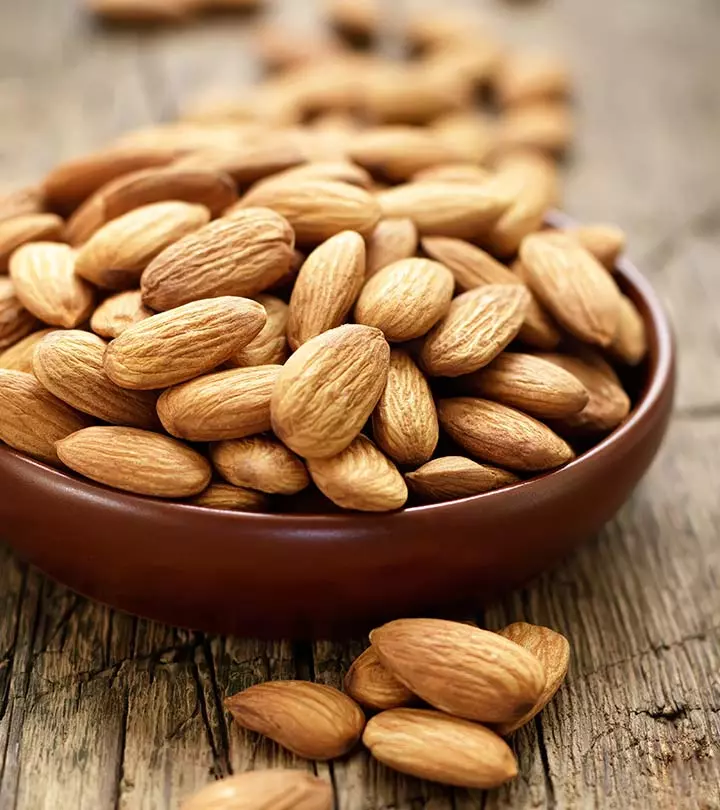
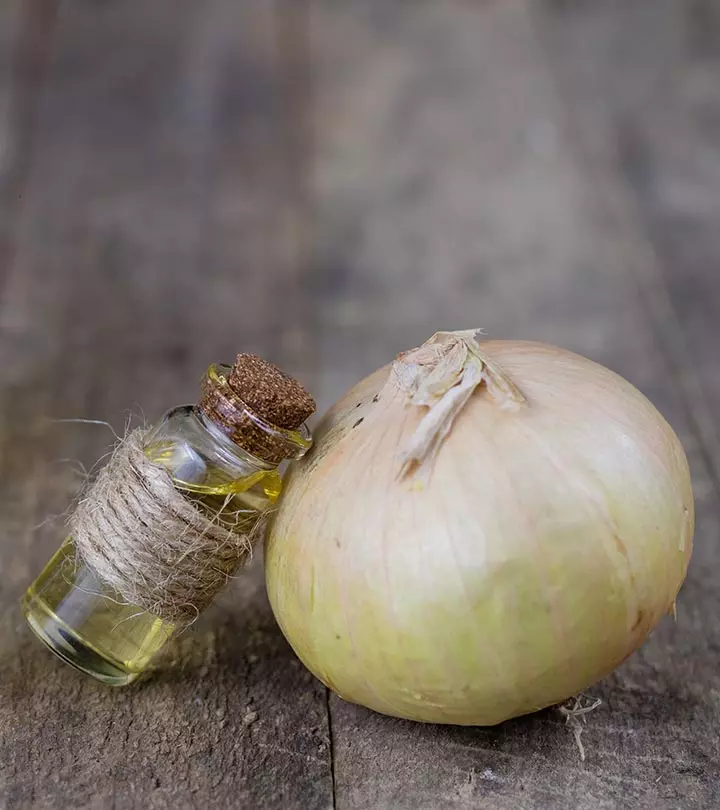
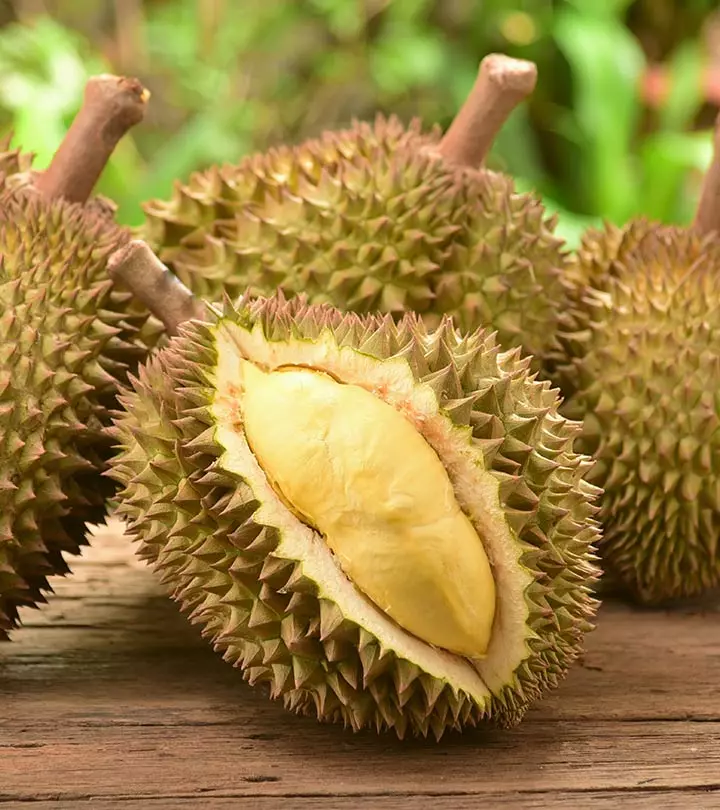
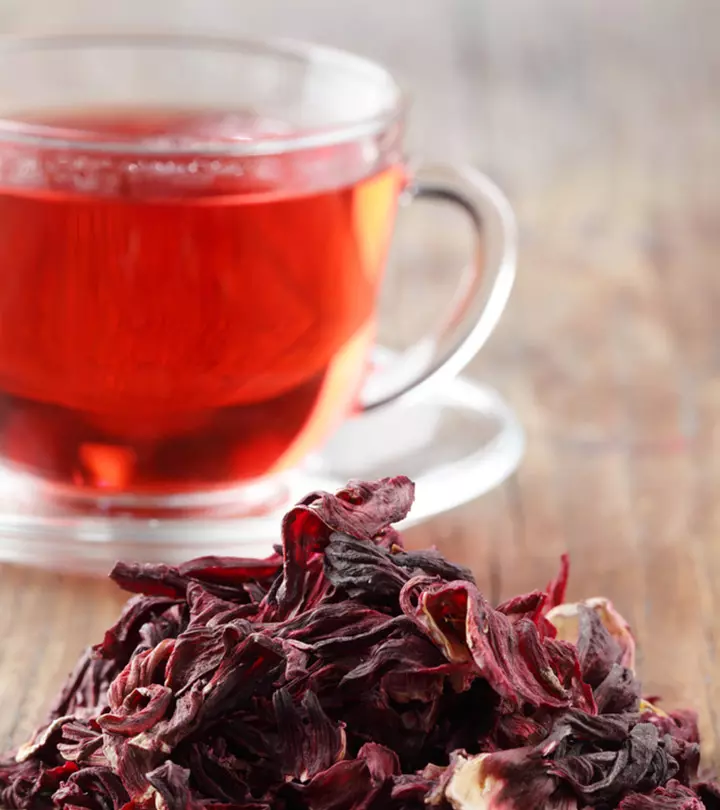

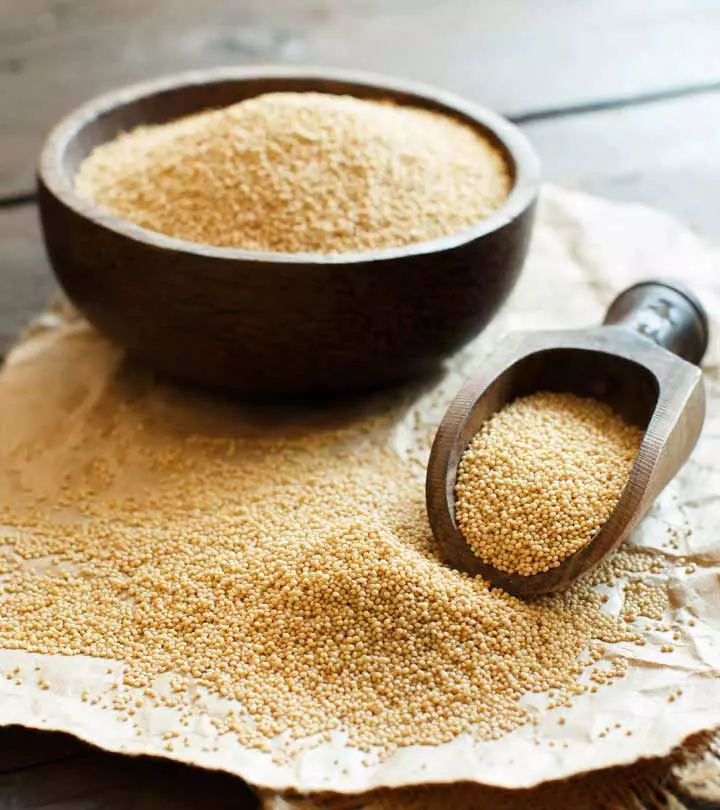
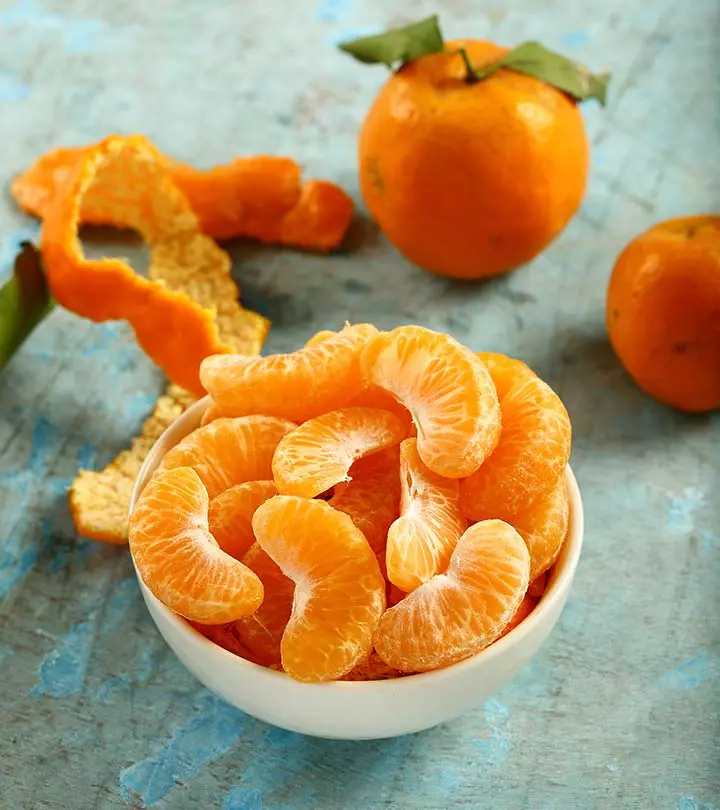

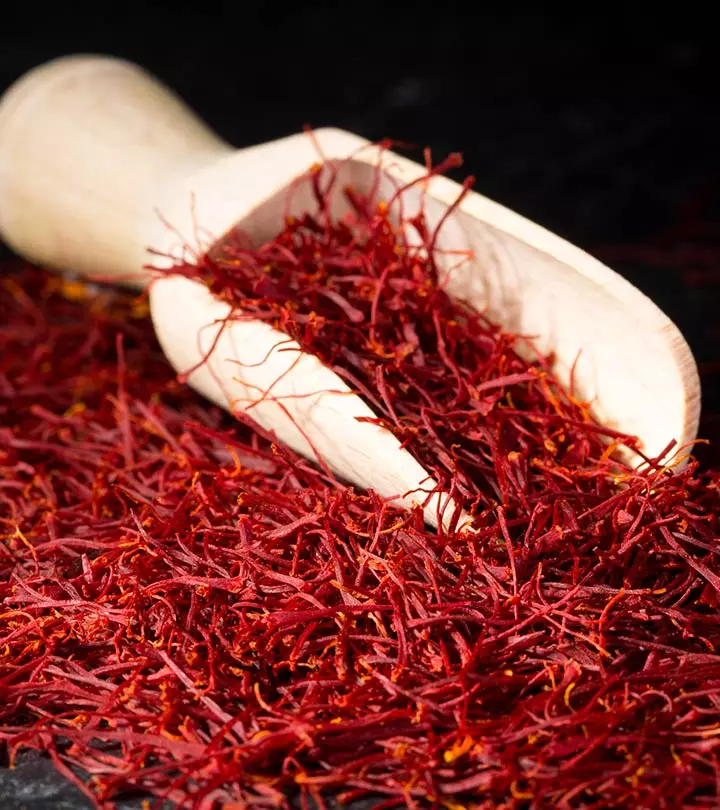
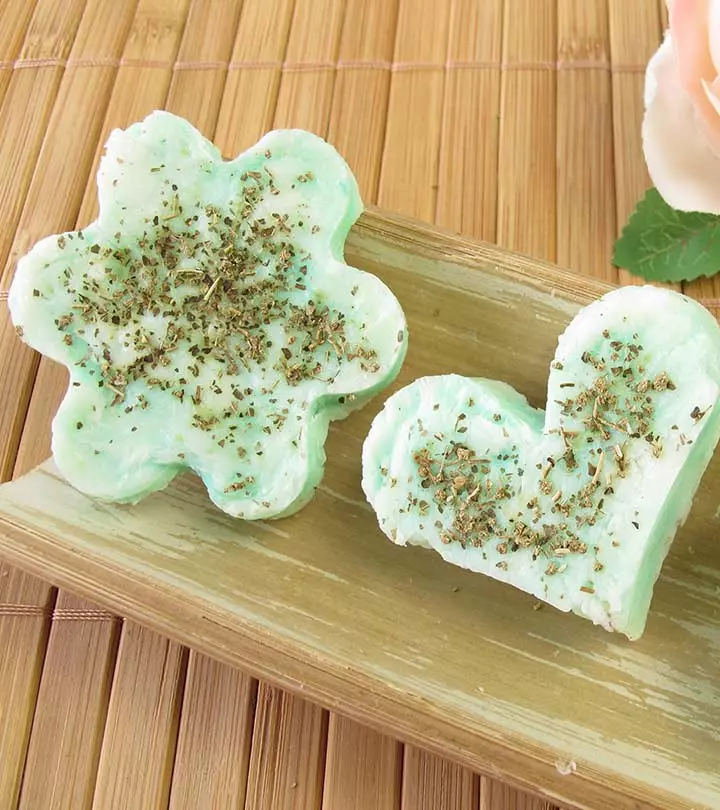

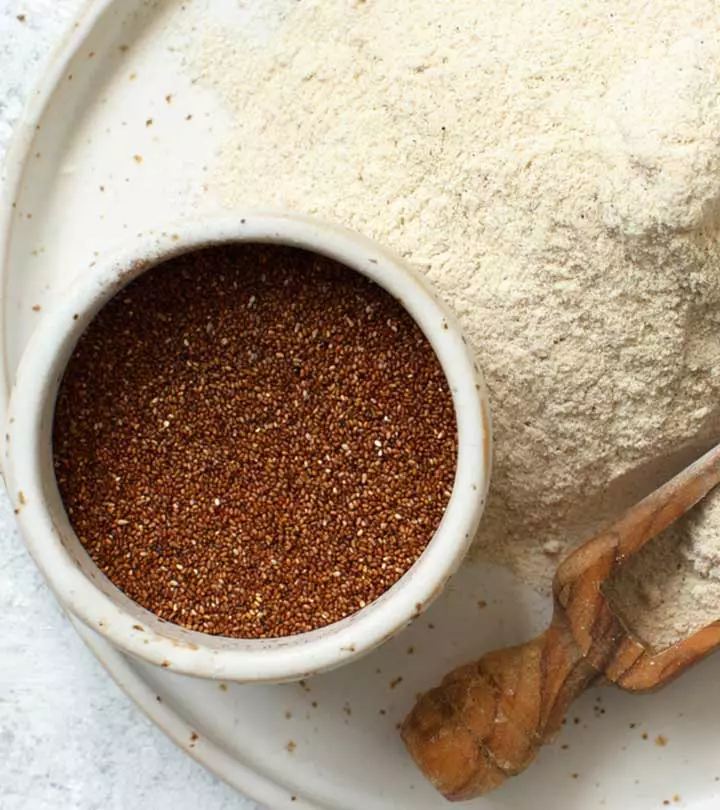
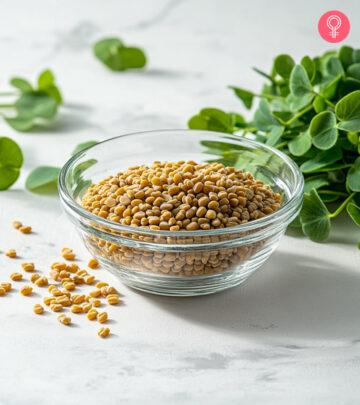
Community Experiences
Join the conversation and become a part of our empowering community! Share your stories, experiences, and insights to connect with other beauty, lifestyle, and health enthusiasts.